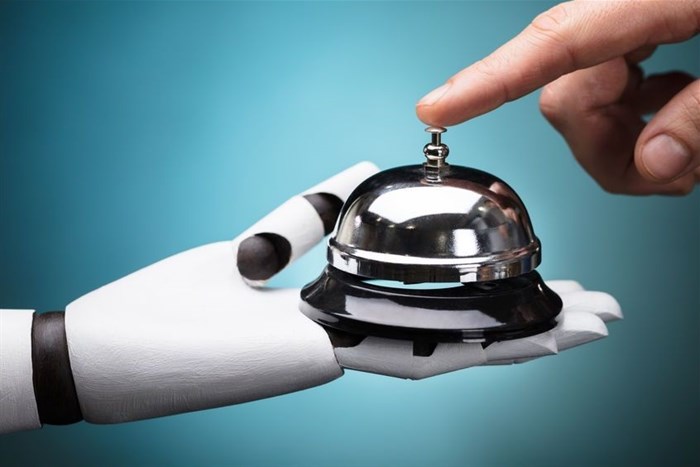
The biggest challenge will be to train people for jobs that are created by artificial intelligence, and as much as there will be jobs - if people are not trained, there won’t be staff that is needed to do these new jobs.
With plenty of opportunities to do other types of value-added work that are more interesting, the hotel industry still needs to gear up the way people are trained as there is already a huge gap on the market for a lot of positions in IT today. It is also unlikely to see robot concierges in four- and five-star hotels, as you can’t have the "human touch" and the sort of relationship or contact expected in hotels with a robot.
Despite all this fast-paced development of AI, South Africa as a member of the global City.AI continues to see pleasant growth in the travel and tourism industry; and according to the Department of Tourism 2017/2018 annual report, 1.5 million jobs were supported by travel and tourism in 2017, which is 9.5% of the total employment in the country. Jobs from travel and tourism are expected to reach 2.1 million by 2028 which could possibly mean that AI has pumped up the travel and tourism industry with its support.
AI projects with great implementation such as EHL’s virtual personal assistant and the virtual assistant developed by Amazon, for example – which will initially help guests and students connect to the Wi-Fi, and at a later stage answer questions from potential students and parents about the school’s courses; could well become a major contributor to the success of the hospitality industry and beyond.
Earlier this year, the school launched a virtual reality class for first-year students, which is based in a five-star hotel and deals with housekeeping issues – and interestingly enough, virtual reality appears as if it may be the way to sell holidays in the near future for the hotel industry.
To conclude, it is without a doubt that training a machine requires a lot of work, even an artificial intelligence machine; to understand what you want it to do; hence it is paramount to have a quantum leap in terms of technology. There are machines which can do artificial intelligence today, but to give the hotel industry the power to go further it needs quantum computing.